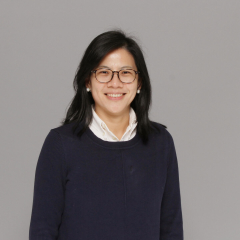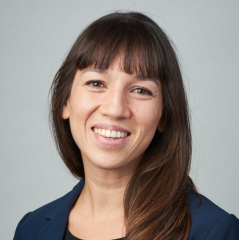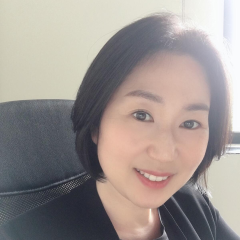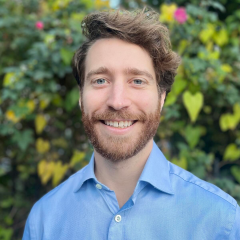A.T. Steele Faculty Travel Grant Recipients 2025
The A.T. Steele Faculty Travel Grant, funded by the A.T. Steele Endowment and administered by the Asia Center at ASU, supports faculty research in Asia. This prestigious grant provides up to $4,000 to enable fieldwork, archival studies, and community engagement that advance global scholarship.
After a competitive selection process, we are pleased to announce the 2025 grant recipients and their groundbreaking research projects:

🔹 Shan Chuah (Fine Arts Specialist, Herberger Institute of Design and the Arts)
Project: Tracing the Sacred: Researching Tibetan Cham Dance Masks, Costumes, and Ritual Instruments in Nepal
Shan Chuah’s research focuses on Tibetan Cham artifacts housed in ASU’s Cross-Cultural Dance Resources (CCDR) Collections. Through fieldwork at Benchen Monastery and Thrangu Tashi Choling Monastery in Nepal, this project will document the ritual significance and historical context of these masks, costumes, and musical instruments. Findings will contribute to the expansion of ASU’s archival collections and future programming that fosters cultural preservation and scholarly engagement.

🔹 Hue-Tam Jamme (Assistant Professor, School of Geographical Sciences & Urban Planning)
Project: Vietnam’s Mobility Transition: The Impact of Transport Changes on Accessibility and Urban Life in Ho Chi Minh City
This study investigates Vietnam’s evolving transportation landscape, including the impact of rising car ownership and new mass transit systems on traditional motorbike mobility. The research will analyze accessibility shifts, economic effects on home-based businesses and street vendors, and the role of digital platforms such as food delivery apps. Findings will be featured in a forthcoming book manuscript, The Image of Mobility: Views from the Streets of Ho Chi Minh City, with a proposal submission to MIT Press planned for Fall 2025.

🔹 Areum Jeong (Assistant Professor, SILC/Korean)
Project: Performing Collaborative Public Counter-Memory: The Jeju 4.3 in Korean Theatre and Performance
This project examines how South Korean theatre and performance document, remember, and reinterpret the Jeju 4.3 Massacre, a tragic event of state-sponsored violence from 1947 to 1954. Through an interdisciplinary analysis of theatrical productions, exhibitions, and public performances, Dr. Jeong explores how performance art resists official narratives and fosters public counter-memory, transforming past trauma into a catalyst for social and political discourse.

🔹 Faheem Hussain (Assistant Professor, School for the Future of Innovation in Society)
Project: Voice of Palong: Digital Storytelling and Peacebuilding Among Rohingya Refugees in Bangladesh
Dr. Hussain’s research explores how digital storytelling can combat misinformation and foster peacebuilding among Rohingya refugees and marginalized host communities in Cox’s Bazar, Bangladesh. Through action research, this study examines the Voice of Palong project, a grassroots initiative that amplifies refugee and host community narratives to counter prejudice, strengthen social cohesion, and promote positive dialogue in the face of one of the world’s largest refugee crises.

🔹 Matthew Libassi (Assistant Professor, School of Politics and Global Studies)
Project: Digging for Batteries: Extraction and the Energy Transition in Indonesia
As Indonesia emerges as the world’s largest nickel producer, the country seeks to transform its resource dominance into a leading role in global electric vehicle (EV) production. Dr. Libassi’s research examines the economic and environmental contradictions of this transition—how the government presents nickel extraction as an anti-colonial victory, while communities in nickel-producing regions experience environmental degradation, workplace exploitation, and economic disparity. His fieldwork in Jakarta and North Maluku will uncover the tensions between national ambitions and local realities.